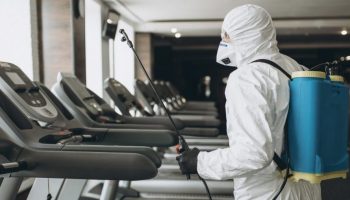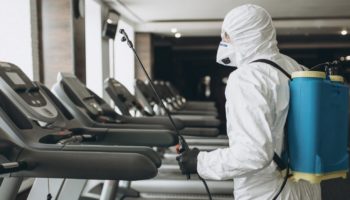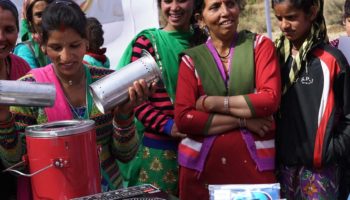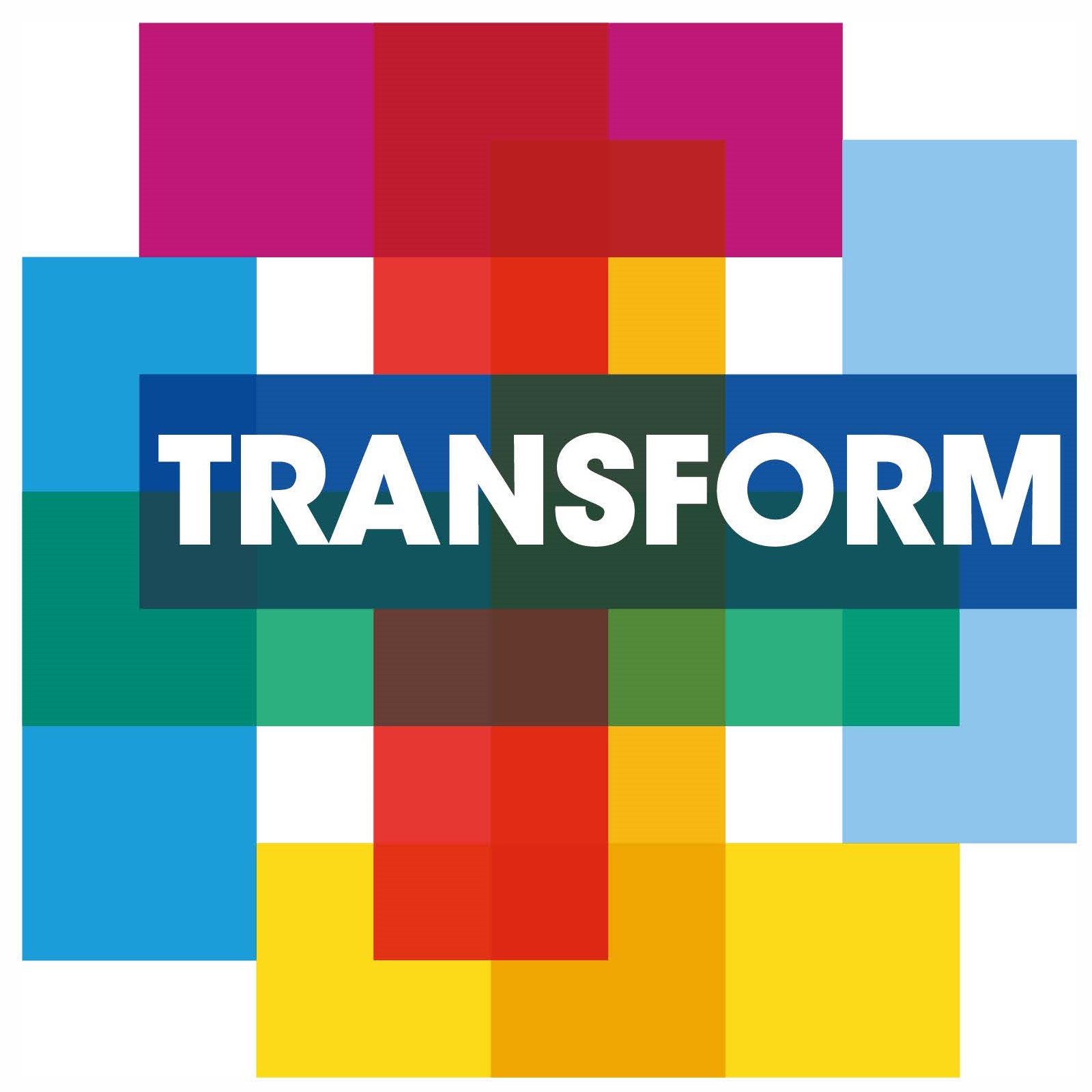Portfolio Learnings| Providing and maintaining toilets for low-income users in India
Published on: 14/08/2019
As TRANSFORM brings on board a number of new and inspiring projects, we have been sharing insights and advice from some of our existing projects. The latest project in our Portfolio Learnings series is Saraplast, a portable sanitation company that provides and maintains portable toilets across India.
In existence since 1999, Saraplast more recently launched Ti Centres as public toilets for women. The organisation began renovating and operating old buses in Pune, India, in collaboration with the Pune Municipal Corporation and Pune Smart City, and positioned them above existing water and sewerage lines.
Located in prime locations, the idea was to encourage women to use public toilets. With TRANSFORM’s support, Saraplast has operated 10 buses in Pune, used by women and girls over 60,000 times, and tested multiple revenue models.
First stage with TRANSFORM
Saraplast applied for TRANSFORM’s support to find a sustainable business model that would cover operating costs, including the salary of female attendants, who ensure the centres’ high standards of cleanliness.
In the initial project, the organisation tested different revenue generation models in two sites. They included a laundrette, a vegetable stand, a café and advertising – the latter two were successful and rolled out to other toilets.
In addition, Saraplast tested the Ti Health clinics, which involved using the toilets as a private space for women to receive health advice. Users were provided with health information in the form of leaflets, videos and talks on women’s health issues, as well as sessions on nutrition advice and yoga.
Given the success of the initial project, and having drawn key lessons from it, Saraplast requested the continued help and support from TRANSFORM to run a pilot to engage strategic partners required for scale and thus take the project to the next level.
Key findings and conclusions
Over the course of the Ti Centres project, Saraplast found that most users are satisfied with the toilets, noting that the main users are in the 18-29 age bracket. Compared to the previous survey, they found that most users have a smart phone, prompting the organisation to work more on the digital platform. They also learnt that:
- Most are still first-time users, as the highest footfall is in recreational areas.
- The most-used services are the toilet and the mirror.
- Highest demand is for basic needs like water and sanitary napkins.
- There was minuscule usage of soap for handwashing, prompting the introduction of nudges to direct consumers towards the handwashing stations.
- Consumers are still not open to buying tea or coffee, which could be improved by separating this area from the toilet area.
Generating revenue from cafés and positioning the toilets as Ti Health Clinics also proved to be a success, showing great potential for scale, with TRANSFORM’s ongoing support.
Next steps
With the new TRANSFORM project, Saraplast is testing the possibility of Ti Centres being run as a franchise by female entrepreneurs. These six ‘Sanipreneurs’ from local communities will be trained in operations, sales, marketing and customer interaction, as a potential route to scale the model.
Given the success of café concept, the organisation is looking to collaborate with popular café franchises, who will bring in their expertise in café operations and set up full cafés for major locations, to make the Ti Centres more financially viable.
The Ti Health clinic concept is also being prepared for scale. The goal is to engage a health NGO or company to create health camps, which would make tests for diabetes, pap smears and regular check-ups accessible to low-income women.
Visit our portfolio to learn more about the projects supported by TRANSFORM.
-
 Insights
Insights
Related impact stories
- Scaling up sanitation and disinfection solutions to fight COVID-19 in India

 ActiveCOVID-19 has increased the need for sanitation and disinfection services. Saraplast has scaled up services to tackle the spread of the virus.Scaling up sanitation and disinfection solutions to fight COVID-19 in India
ActiveCOVID-19 has increased the need for sanitation and disinfection services. Saraplast has scaled up services to tackle the spread of the virus.Scaling up sanitation and disinfection solutions to fight COVID-19 in India
 ActiveCOVID-19 has increased the need for sanitation and disinfection services. Saraplast has scaled up services to tackle the spread of the virus.The We for Village Alliance
ActiveCOVID-19 has increased the need for sanitation and disinfection services. Saraplast has scaled up services to tackle the spread of the virus.The We for Village Alliance
 ActiveDharma's Life network of over 16,000 rural entrepreneurs pivoted to respond to the COVID-19 pandemic.
ActiveDharma's Life network of over 16,000 rural entrepreneurs pivoted to respond to the COVID-19 pandemic.
